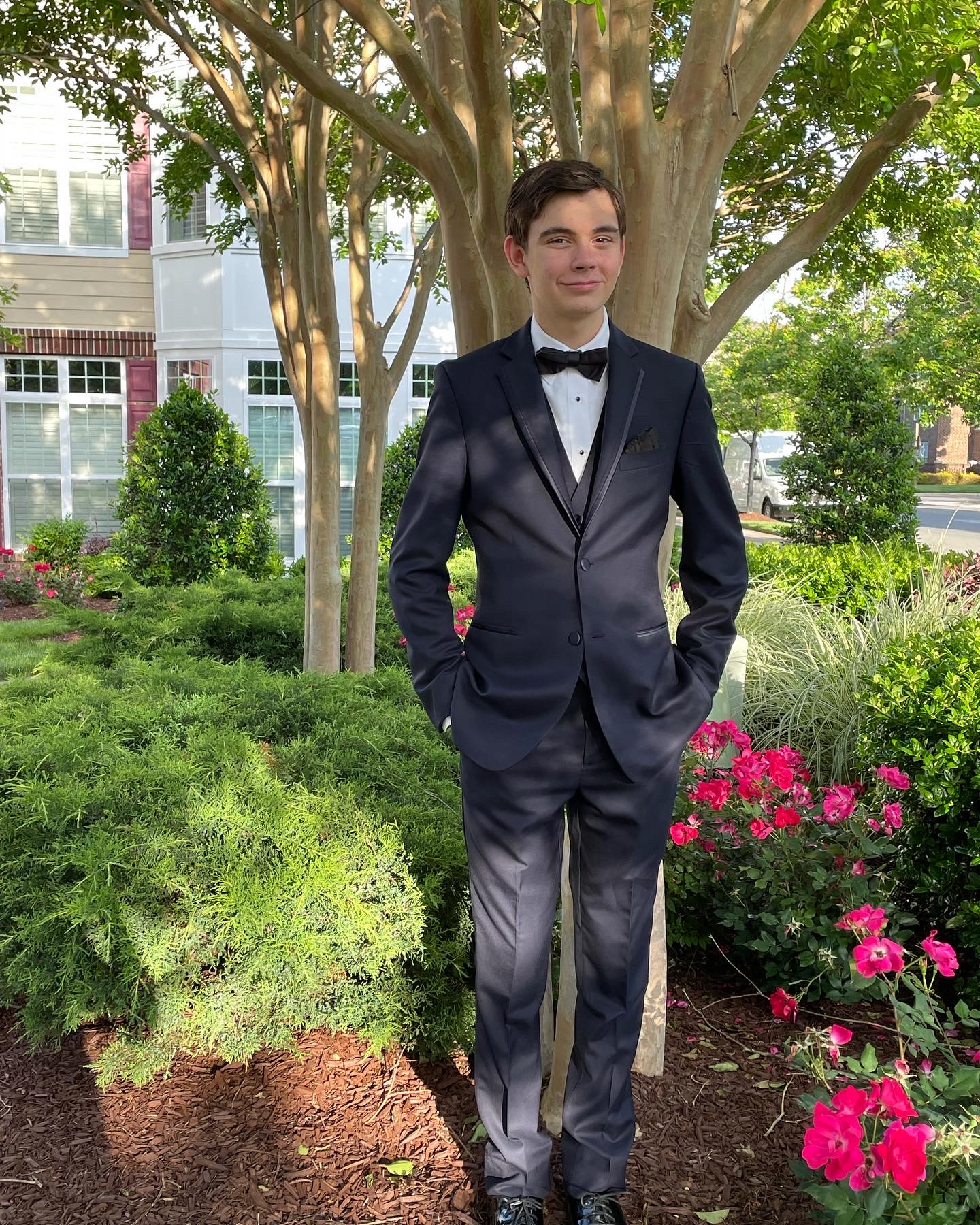As Autism Awareness Month comes to a close, it is important to remember all of the misconceptions and stereotypes of those who struggle with autism.
According to the CDC, autism is a range of conditions characterized by challenges with social skills, repetitive behavior, speech and nonverbal communication.
Autism affects around 2.27% of kids in the United States currently, although numbers could be
much higher due to factors such as misdiagnosis.
Stereotypes
Another difficult factor for many people with autism are stereotypes and misconceptions. We are not all geniuses and theoretical physicists like Sheldon Cooper on the Big Bang Theory. We look just like anyone else would and be in relationships. For the most part can talk just the same as anyone else.
Just like people who are neurotypical, people on the autism spectrum have a set of interests that make them unique; people with autism tend to focus primarily on one of these interests. These topics can be literally anything and can range from dinosaurs to engineering to politics.
Most people on the spectrum have memorized a ton of knowledge on the subject they love. Many of us could answer almost any question on the subject and easily outpace others studying it. This is why I view my personal diagnosis to be an advantage in the political field.
It’s important to remember that all people with autism are different and unique, but many of us don’t like being split into categories like “high functioning” or “severe.” Many people on the spectrum also struggle with other conditions like ADHD or OCD, which can inhibit or enhance their abilities at different times.
Hardships of being autistic in high school
Many people with autism struggle with things that may be easy to someone who is neurotypical. These things could include social cues, knowing what someone’s true feelings are, an inability to shift from task to task, issues with empathy, and trouble making friends, but there are many, many more.
In high school, these challenges are magnified. There is a sense of needing to “fit in,” to conform, but most of us can’t and don’t want to. Whatever happened to all people being unique? Calling someone strange or antisocial simply because they are different from most people is just wrong.
My Experience
There’s also a difference between identity-first or person-first language. As in “I’m an autistic person” versus “I’m a person with autism.” Personally, I use the latter every time, but others feel differently.
There are also just some things you shouldn’t say to a person with autism. Some that stick out to me include “I’m so sorry,” or “autism is trendy now.” Most of us quite frankly don’t want your pity, and I’ll disclose my diagnosis out of a mixture of pride and necessity.
Calling someone with autism an “inspiration” simply because they are talking to you is frankly quite demeaning. We are not going away, and this is not a trend. People have always had autism or been on the spectrum It is even speculated many different historical figures were on the spectrum.
As a person with autism, I have been personally accused of “faking it” multiple times. Personally I think it is incredulous to suggest someone would fake having a social disorder. Why on Earth would anyone pretend to be something they are not, especially when most people who are on the autism spectrum are so often ostracized?
This Autism Awareness Month, my message to you as a person with autism is this: Do research, educate others, do more than just post a square on your Instagram story. You’ll find that maybe we aren’t so different.

Hey, I’m Noah and I am a staff writer on The Mycenean. I participate in Executive Council and I am on the autism spectrum which is useful for retaining information about my special interest, politics.

Leave a Reply